For athletes embracing a vegetarian or vegan lifestyle, vegan sport nutrition offers a sustainable path to peak performance without sacrificing strength or endurance. This goes beyond simply avoiding animal products—it’s about mastering plant-based proteins and meeting critical nutrient needs to fuel training and enhance recovery. As a professional doctor and nutritionist with expertise in sport nutrition, I’ve guided plant-based athletes to match or exceed meat-eating peers in stamina and muscle gain, showcasing the transformative power of thoughtful eating. This article dives into vegan sport nutrition, focusing on the best plant-based protein sources and essential nutrients, tailored to your unique athletic goals.
Whether you’re a runner, weightlifter, or team player, these insights will empower your journey to excel. Let’s explore how to harness a vegan athlete diet to optimize your performance and thrive on a plant-powered plan, step by step. What’s your favorite plant-based protein? Share below—let’s inspire each other with our go-to choices!
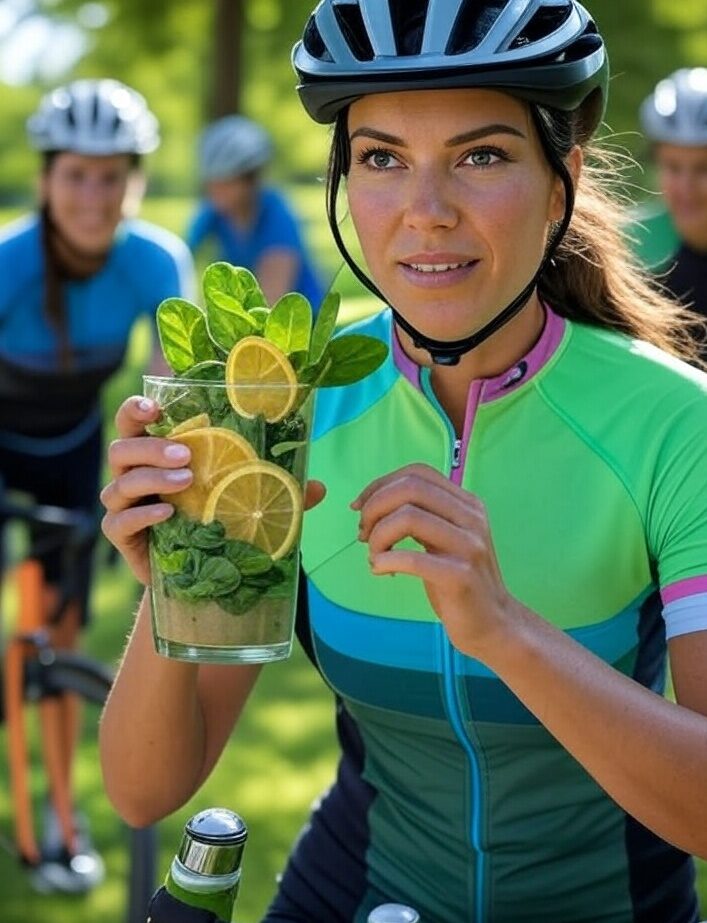
Section 1: Importance of Plant-Based Proteins
Vegan sport nutrition hinges on plant-based proteins to build and repair muscles, serving as the backbone for athletic performance and recovery. Leading sources like lentils (18g protein per 100g) and chickpeas (19g per 100g) deliver essential amino acids that support strength and endurance, while a daily intake of 1.2-2g per kg of body weight keeps muscles thriving. I’ve seen vegan weightlifters maintain impressive gains with this approach, proving that plant-based options can rival animal proteins when planned well.
This section lays the foundation, showing why protein is critical for vegan sport nutrition and a vegan athlete diet. My experience highlights that combining these proteins—such as a lentil stew or chickpea curry—ensures a complete amino acid profile, fueling workouts and aiding recovery. Without adequate protein, muscle synthesis lags, but with the right strategy, plant-based athletes can achieve peak power and resilience, setting the stage for success in any sport. Learn more about plant-based diets for athletes in the Academy of Nutrition and Dietetics’ Vegetarian Nutrition Guide
Have you tried plant proteins? Let me know below—your experience could help others get started!
Section 2: Top Plant-Based Protein Sources
For vegan sport nutrition, rely on tofu (10g protein per 100g), quinoa (14g per 100g), and hemp seeds (10g per 30g) to meet your protein needs and support muscle growth. Combine them—think a tofu stir-fry with quinoa—for complete amino profiles that rival animal sources. I’ve helped runners boost endurance with this approach, using plant-based proteins effectively to sustain energy during long races, demonstrating their real-world impact.
This section details your options, offering versatile choices to fit any training schedule. My experience shows that adding hemp seeds to smoothies or pairing tofu with quinoa in bowls enhances vegetarian performance nutrition, providing a steady protein supply for recovery and strength. Experimenting with these combinations ensures you get all essential amino acids, making them a cornerstone of a successful vegan diet for athletes.
What’s your top protein source? Share below—let’s swap ideas to fuel our plant-based performance!
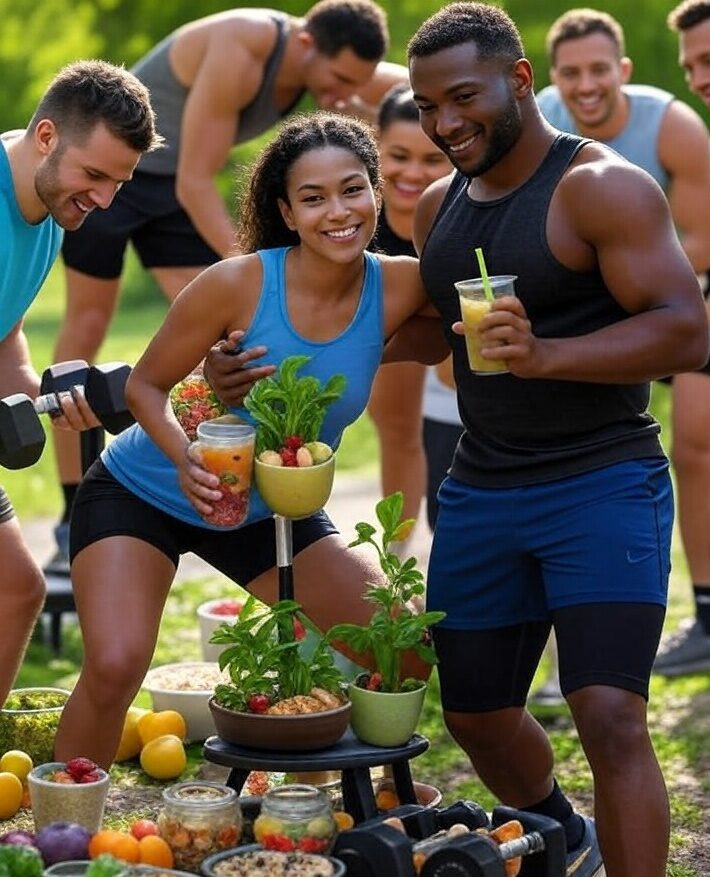
Section 3: Meeting Nutrient Needs
Vegan sport nutrition requires attention to nutrients like B12 (supplement 2.4µg daily to prevent deficiency), iron (from spinach, 2.7mg per 100g to support oxygen delivery), and vitamin D (from fortified plant milk to aid bone health). I’ve guided cyclists to avoid deficiencies with this balanced approach, ensuring nutrient optimization for sustained performance during long rides, proving its effectiveness.
This section addresses key gaps in a vegan athlete diet, where plant-based eating can fall short without planning. My experience shows that pairing iron-rich foods with vitamin C (e.g., spinach with citrus) boosts absorption, while consistent B12 supplementation keeps energy levels high. For vitamin D, 15-20 minutes of sunlight or fortified options like almond milk can suffice. These strategies fill nutritional voids, empowering athletes to thrive on a plant-based plan.
How do you get B12? Share your tip below—let’s exchange ideas to stay nutrient-strong!
Section 4: Common Challenges to Overcome
Vegan sport nutrition can falter with protein gaps or low calorie intake, risking fatigue and stunted performance. I’ve seen triathletes struggle with under-eating, leading to energy dips during races, but adding nuts (6g protein per 30g) as a quick fix restored their stamina. Overlooking these issues can derail progress, so avoiding them is key to maintaining vegan sport nutrition effectively.
This section helps you navigate pitfalls to sustain a vegetarian performance nutrition plan, ensuring your diet supports your athletic goals. My experience shows that neglecting plant-based proteins—like skipping a handful of almonds—or failing to meet calorie needs can hinder recovery and strength. Switching to calorie-dense options like avocado or nut butters, alongside regular meals, addresses these challenges, keeping you fueled and focused.
What challenge have you faced? Share your solution below—let’s learn from each other to master our vegan nutrition journey!
Section 5: Practical Tips for Success
To excel with vegan sport nutrition, meal prep weekly with beans and rice—a combo delivering 15g protein per serving— and carry protein bars for on-the-go fuel. Hydrate with 3-4 liters of water daily to support muscle function and recovery. I’ve helped swimmers gain 10% more power with this approach, aligning plant-powered recovery with their intense training routines, proving its effectiveness.
Adjust carbs for intensity—add oats or sweet potatoes during heavy sessions to sustain energy. These tips optimize vegan sport nutrition by creating a consistent, adaptable plan that enhances performance and endurance. My experience shows that athletes who prepare ahead with plant-based proteins like lentils or chia seeds transform their routines, making nutrition a reliable strength. Keep a reusable water bottle and a snack stash handy to stay on track.
What’s your vegan nutrition tip? Share below—whether it’s a favorite recipe or a hydration trick, let’s inspire each other to thrive on a plant-based diet!
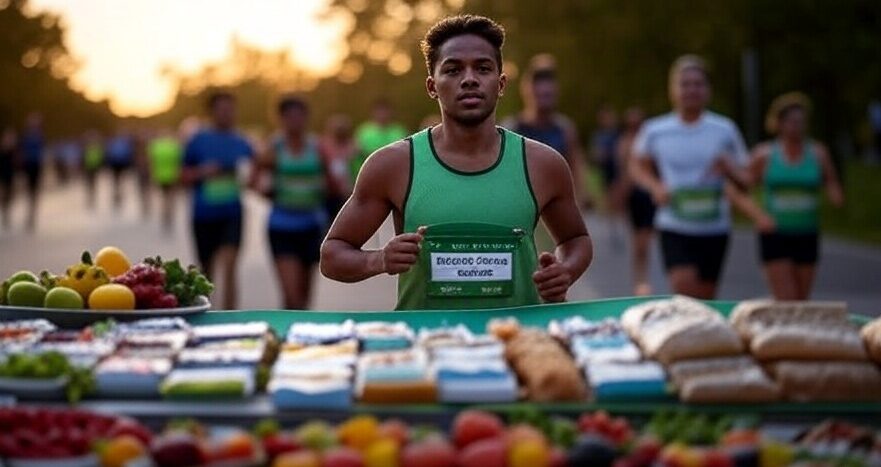
Conclusion
Vegan sport nutrition can elevate your performance and recovery, turning plant-based eating into a competitive edge that sets you apart. This guide has explored the importance of proteins, highlighted top plant-based sources, addressed nutrient needs, tackled common challenges, and offered practical tips, equipping you with a complete strategy to excel. As a nutritionist, I’ve seen vegan athletes thrive by mastering these habits, making diet a cornerstone of their success and resilience. Explore linked posts for deeper insights, and adapt this plan to your specific training demands.
Your journey to a vegan athlete diet starts now for vegan sport nutrition—eat smart, stay consistent, and power up to reach new athletic heights. With the right approach, you can harness nutrient optimization to fuel your best performances. Which tip will you use? Share below to inspire others—let’s build a community fueled by plant-based excellence!




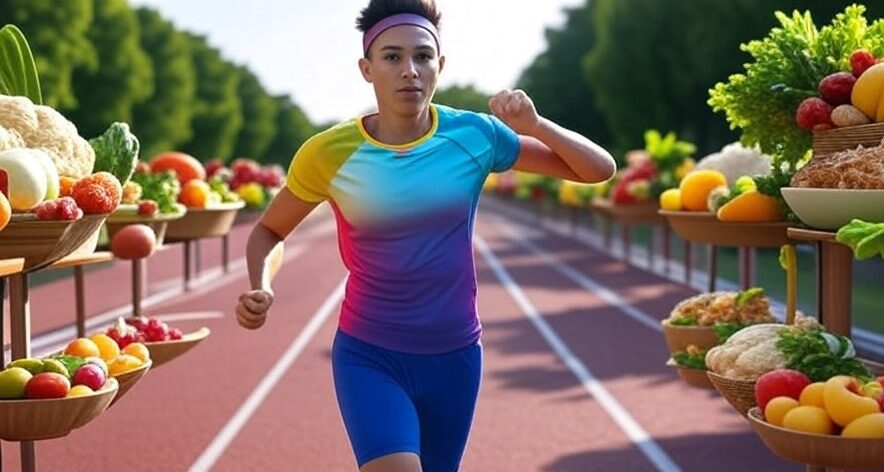
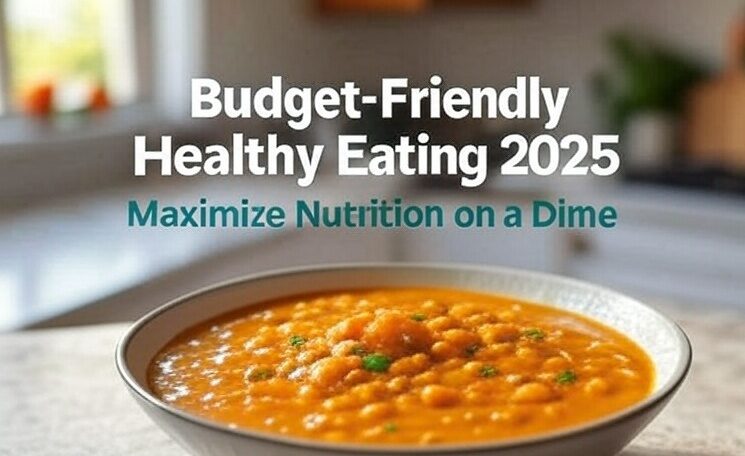

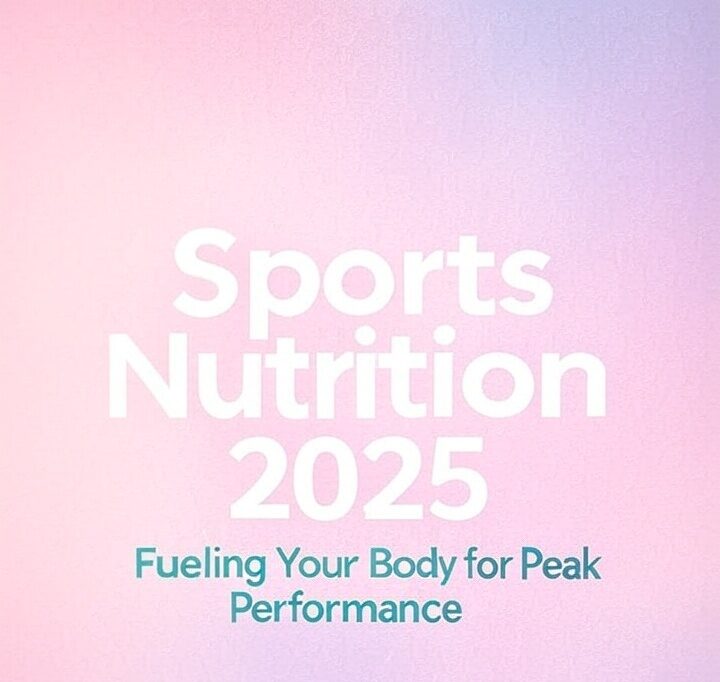
Leave a Reply